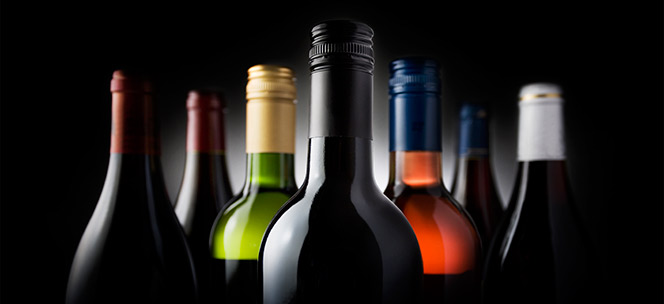Taxpayers call on LCBO union to be honest about retail operation’s actual budget impact

Toronto, ON: The Canadian Taxpayers Federation is calling on the LCBO union to be honest with Ontarians about the actual impact of letting people buy all types of alcohol at the grocery store.
“Union bosses keep exaggerating the numbers when people talk about bringing Ontario’s liquor rules into the 21st century,” said Jay Goldberg, CTF Ontario Director. “The vast majority of the Ontario government’s revenue would remain intact even if Ontarians had the option to shop elsewhere because the LCBO would still be the wholesale distributor.”
The LCBO’s own numbers show that it would keep about 80 per cent of the revenue it makes in LCBO stores if that alcohol was sold elsewhere because the LCBO would maintain a wholesale price markup. That means the so-called LCBO dividend, currently pegged at $2.5 billion a year, would be largely protected.
The LCBO’s own numbers show how profits would change if alcohol is sold in grocery stores instead of LCBO stores. The chart below shows how much of the LCBO’s profit would be maintained on three common types of alcohol purchases even if that alcohol were sold at a private stores.
|
|
Wine |
Beer (Six Pack) |
Whisky |
|
Total Price Today |
$14.00 |
$12.25 |
$30.75 |
|
Actual Cost to LCBO |
$6.24 |
$5.74 |
$11.12 |
|
LCBO Markup |
$5.97 |
$4.57 |
$15.92 |
|
10% Wholesale Discount |
$1.22 |
$1.03 |
$2.70 |
|
LCBO Profit If Sold At LCBO |
$5.97 |
$4.57 |
$15.92 |
|
LCBO Profit if Sold Wholesale |
$4.75 |
$3.54 |
$13.22 |
|
Profit Retained |
80% |
77% |
83% |
Source: LCBO.
Under the LCBO’s present formula, private vendors currently get a 10 per cent discount on the pre-HST and bottle deposit price of alcohol sold by the LCBO as a wholesaler. The numbers show 80 per cent of the LCBO’s profit on a bottle of wine, 77 per cent of the LCBO’s profit on a six-pack of beer and 83 per cent of the LCBO’s profit on a bottle of whisky would still go to the province.
In 2023, the LCBO made $5.9 billion selling alcohol in its retail stores. If all of that alcohol was sold wholesale with an average retained profit of 80 per cent, $4.7 billion of LCBO profit would still be maintained.
The LCBO could save a further $564 million by ending retail operations and hundreds of millions of dollars more through saving on administrative costs.
In that scenario, the Ontario government will still make more than $2 billion on liquor sales annually. The remaining $500 million gap could easily be made up by cutting just seven per cent of Ontario’s $9.1 billion annual corporate welfare budget.
“It’s time for the unions to stop fearmongering: the Ontario budget will be just fine if people buy their alcohol at the grocery store,” said Goldberg. “The sky will not fall if Ontarians are able to pick up a bottle of rye while they shop for ginger ale. Union bosses need to stop trying to mislead Ontarians.”